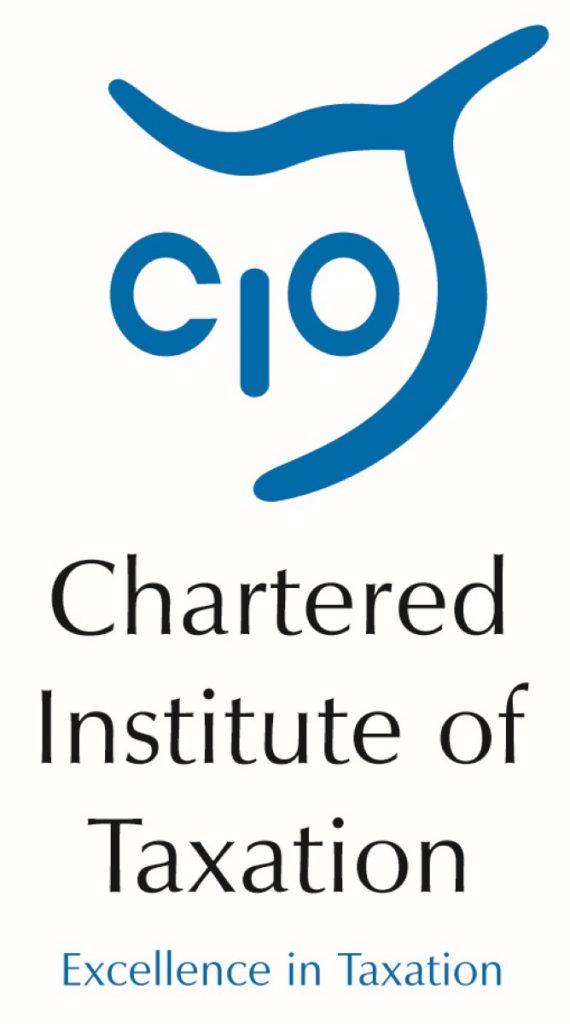The Low Incomes Tax Reform Group (LITRG) is hopeful that the benefits of digitalising the tax system will be better secured as a result of today’s announcement that compulsory digital record keeping and reporting will be deferred.
The Government’s announcement confirms that under the new timetable for Making Tax Digital, businesses with a turnover above the VAT threshold of £85,000 will have to keep digital records from 2019, while businesses will not be asked to keep digital records, or to update HMRC quarterly, for other taxes until at least 2020.1 They will however be able to do so on a voluntary basis in the meantime. The Government estimates that some 3.1 million businesses are below the VAT threshold.
Government’s aim in introducing the programme is to reduce the tax gap while making it easier for individuals and businesses to get their tax right and keep on top of their affairs.
Responding to today’s written statement on MTD, Anne Fairpo, Chairman of LITRG, said:
“The deferral to at least 2020 for taxes other than VAT is welcome and should give enough time for thorough testing. It will also provide an opportunity for businesses to familiarise themselves with the systems well in advance.
“We have always maintained that a change of this magnitude should be well-planned. Preparation for the change should cover at least a full cycle of four quarterly reports and one year-end declaration to leave plenty of time to fix any malfunctions that emerge during the testing and allow users to become familiar with the systems.
“LITRG has been very supportive of harnessing the benefits of technology to make the payment and administration of tax easier and cheaper for both taxpayers and the Exchequer, but strongly believes that a system that is reliable, intuitive and easier to use than any alternatives will quickly attract users whether or not its use is mandatory.
“It will also give HMRC time to develop free software for the smallest unrepresented businesses rather than relying on the commercial market to do so.”
Notes for editors
1. Today’s announcement can be read here. The Four foundations of Making Tax Digital are described here.
2. Low Incomes Tax Reform Group
The LITRG is an initiative of the Chartered Institute of Taxation (CIOT) to give a voice to the unrepresented. Since 1998 LITRG has been working to improve the policy and processes of the tax, tax credits and associated welfare systems for the benefit of those on low incomes.
The CIOT is the leading professional body in the United Kingdom concerned solely with taxation. The CIOT is an educational charity, promoting education and study of the administration and practice of taxation. One of our key aims is to work for a better, more efficient, tax system for all affected by it – taxpayers, their advisers and the authorities. The CIOT’s work covers all aspects of taxation, including direct and indirect taxes and duties. The CIOT’s 18,000 members have the practising title of ‘Chartered Tax Adviser’ and the designatory letters ‘CTA’, to represent the leading tax qualification.
Contact: Hamant Verma, External Relations Officer, 0207 340 2702 HVerma@ciot.org.uk (Out of hours contact: George Crozier, 07740 477 374)





-01.png)